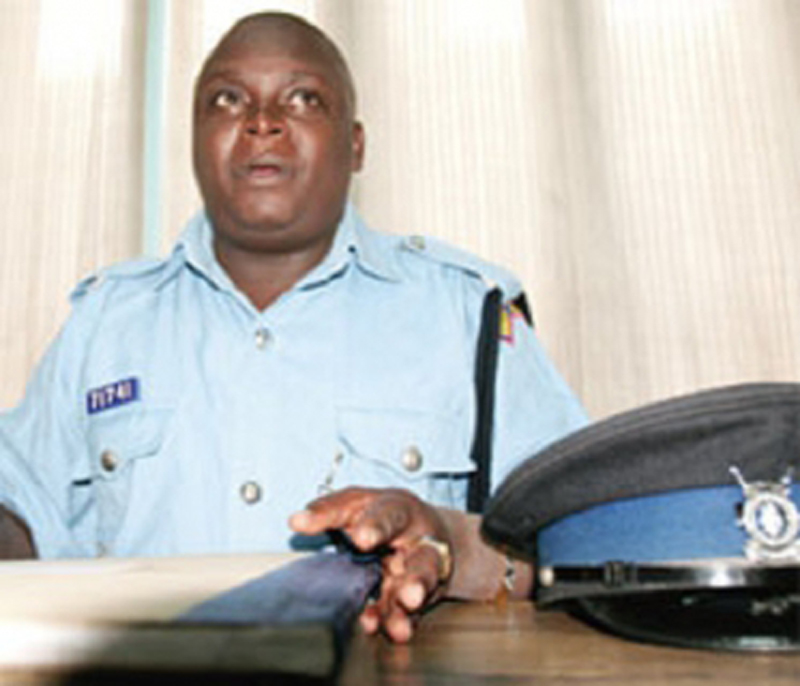×
The Standard e-Paper
Join Thousands Daily

A story is told of a musician who camped at a radio station for days waiting for his CD to be played. Not willing to give up despite the hurdles he faced, the moment his CD was accepted and played on air, it became an instant hit.
It is no different from the story of singing cop Isaac Kibugi Nduati, popularly known as Kaka Man Nduati, who has managed to shed the stereotype mean look many Kenyans have of police officers as abrasive, humorless and bribe-seeking characters to be become a top entertainer.